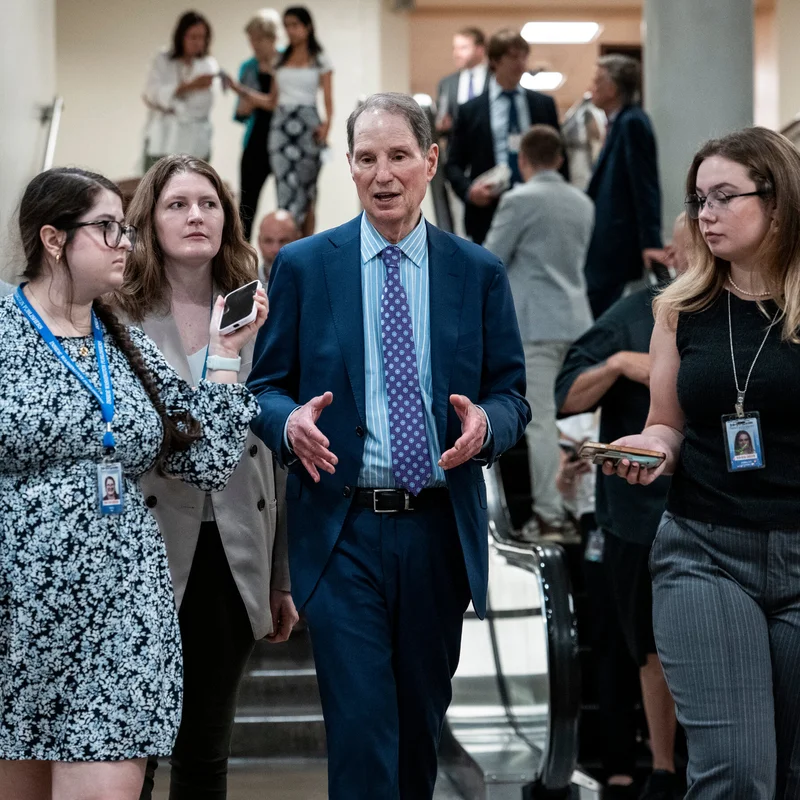In a move that’s small in volume but big in symbolism, OPEC+ announced on Sunday it will nudge oil production upward again—adding 137,000 barrels per day in November. That’s the second consecutive month of increases, signaling a cautious but deliberate shift in strategy by the world’s most powerful oil alliance.
Why Such a Tiny Increase?
On the surface, 137,000 barrels a day sounds negligible—especially in a global market that consumes over 100 million barrels daily. But analysts say the move isn’t really about flooding the market. It’s about sending a message: “We’re in control—and we’re ready to adapt.”
“This isn’t about oversupply,” said energy strategist Lena Moretti of Global Energy Insights. “It’s about managing expectations while testing the waters. Saudi Arabia is walking a tightrope between supporting prices and avoiding a market panic.”

Who’s Behind the Decision?
Saudi Arabia—the de facto leader of OPEC+—is steering this course. Despite ongoing geopolitical tensions and fears of a global economic slowdown, Riyadh appears confident in “healthy oil market fundamentals” and a “steady global economic outlook,” according to the group’s official statement.
The decision was backed by seven other key members:
- Russia
- United Arab Emirates
- Iraq
- Kuwait
- Kazakhstan
- Algeria
- Oman
Rolling Back the Cuts
This latest bump continues a broader unwinding of emergency production cuts first introduced during market volatility in 2023. So far, OPEC+ has already relaxed a 2.2-million-barrel-per-day reduction program and is now chipping away at a second agreement that slashed output by 1.65 million barrels daily.
OPEC+ Production Adjustments (2023–2025)
| Period | Action | Volume Change |
|---|---|---|
| 2023 | Emergency cuts enacted | -1.65M bpd |
| Early 2025 | First phase of reversal | +2.2M bpd restored |
| Oct 2025 | Output increase | +137,000 bpd |
| Nov 2025 | Planned increase | +137,000 bpd |
What This Means for Consumers
Don’t expect gas prices to plummet overnight. The increase is too modest to cause a price crash—but it could help stabilize costs heading into winter, especially if demand in Asia and Europe remains steady.
Patrick Pouyanné, CEO of TotalEnergies, admitted he’s been surprised by OPEC+’s discipline: “I would not have bet a year ago that the OPEC countries would have been able to unwind their cuts,” he told analysts recently.
Looking Ahead
Markets will be watching closely to see if this becomes a trend. If global growth holds—and if U.S. shale output doesn’t surge unexpectedly—OPEC+ may continue its slow, calibrated return to higher production.
[INTERNAL_LINK:opec-oil-market-analysis] | [INTERNAL_LINK:global-energy-trends-2025]




